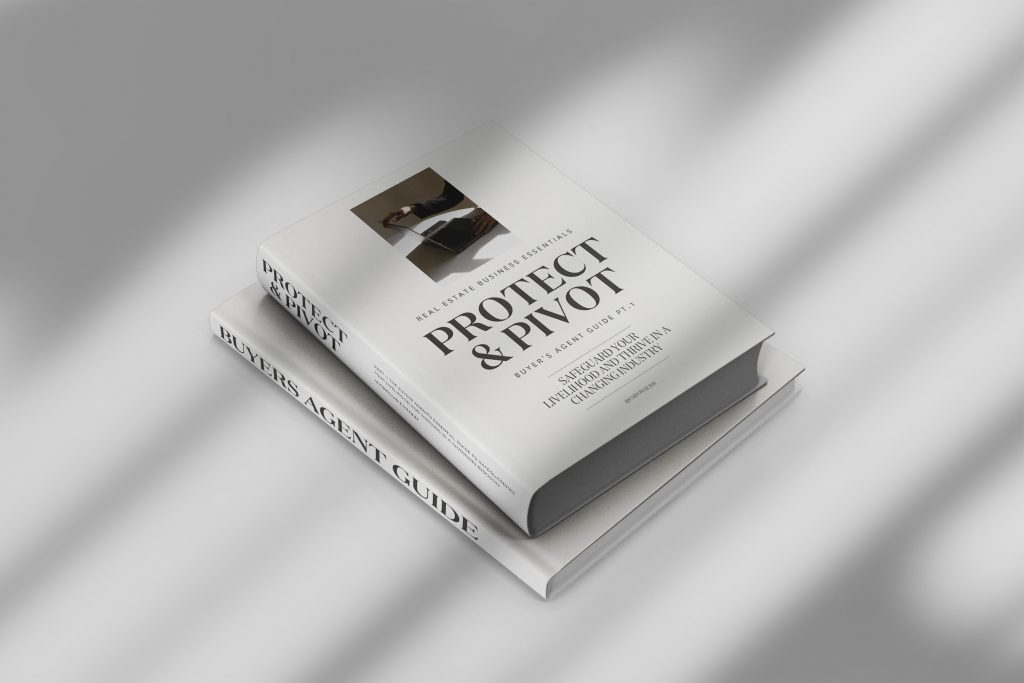As an agent looking to grow your business, sponsoring or hosting an event is a great way to get out from behind the screen and get yourself into the community you serve.
While the marketing benefits from a successful event can give your real estate business a boost, it can be confusing figuring out which event options would be a good investment, and which ones to give a pass.
What are the benefits of hosting a real estate event?
Instead of competing for attention, events let you build connection with your sphere of influence in a personalized setting.
Types of Events
Four types of events can fit in with your real estate marketing plan.
Community
Community events are not necessarily “real estate” themed. They are general gatherings that are all about building and nurturing your sphere of influence.
They can attract a wide range of attendees, from people you already know and want to maintain contact with, to individuals in your wider community.
As the host of a community gathering, you have an opportunity to connect with locals in your market and get your name out there. After the event, you have a follow-up opportunity.
Community event examples:
- Picnic in the park
- Offer free mini-photo sessions
- Partner with a local business for a freebie giveaway
- Meetup for people interested in a hobby
Real estate Seminar
A real estate seminar is your opportunity to reach potential clients and warm leads.
Partner with other industry experts such as a lender, real estate lawyer, or other professional relevant to your niche.
The seminar is your opportunity to collaborate with other professionals to share valuable insights, educate attendees about your market, and talk about the value you can provide them.
Real estate seminar examples:
- Home buying and selling in [your market name]
- Buying a home post-divorce
- Everything I wish I knew before buying my first home: common mistakes first-time home buyers make, and how to avoid them
- Building wealth through real estate: investment strategies for a strong portfolio
Networking
Networking events allow you to partner with other businesses and service providers to build up your referral network and find opportunities to connect and collaborate.
You should attend or host a mix of networking opportunities. This includes those specifically for the real estate industry, like a conference or agent’s night. Also include local networking in your market, which you can host or simply attend.
Networking examples:
- Attending a real estate conference, such as those hosted by Inman, NAR, or the Women’s Council
- Hosting a local small business event
- Getting involved in your local chamber of commerce
Sponsorship
Depending on the type of event you decide to host, it can involve a lot of your time and money. Sometimes, this is just not possible for you. If that’s the case, sponsorship is an alternative for you to consider.
Sponsorship means you pay a set amount to the organizers of an existing event to feature you.
There are typically different sponsorship tiers that can range from displaying your brand logo, talking about your business, giving away branded freebies, and more.
The cons of sponsorship is that it can be hard to measure the return on your investment.
When you’re hosting an event yourself, you can ensure you collect attendee information, schedule follow-ups, and have one-on-one chats to identify potential clients and leads.
Sponsorship does not provide these types of concrete benefits. It offers brand-building that can be very successful but is hard to measure.
What type of event fits my real estate marketing plan?
With so many community gatherings, galas, golf tourneys, and more to choose from, how are you supposed to know what type of event to host or sponsor?
Solution: Start with your goal and budget.
Goal-aligned real estate event examples
Goal 1: build brand awareness
Choose to sponsor a local event with the highest exposure to general people in your market. You could be an exhibitor or sponsor at a local festival, or sponsor game night for a local sports team.
Goal 2: get warm leads
Collaborate & co-host a buying selling, or investing information session with aligned businesses (ex. mortgage lenders, property inspector, real estate lawyer, financial advisor).
Goal 3: relationship nurturing
Host a gathering that allows you to get at least some face time with attendees (such as by participating in a golf championship, inviting attendees to watch a game with you at a local sports suite or bar, or hosting a get-together).
Planning your real estate Event
When organizing, consider venue accessibility, capacity, facilities, and ambiance.
Deciding on the Event Type
Assess specific marketing goals to narrow in on the right event type. Once you’ve decided, set a date that allows you enough time to plan and tell people about it. Check local happenings and holidays to avoid any overlaps that would prevent your invitees from attending.
Setting an event hosting budget
Depending on your event type, you might need to pay for the venue, marketing, photography, speakers, catering, and logistics.
Starting out with a set budget allows you to keep these expenses in line and identify where you can go for affordable options vs. what’s worth the splurge.
Selecting the Venue
Location, amenities, capacity, and accessibility are important factors in both your audience’s experience and your final cost. Research any required permits or permissions you need to use the venue, especially if you will be providing alcohol.
If you’re on a budget local parks and co-working spaces can be great affordable options.
Sending invites
Use your real estate CRM to easily create your invite list and contact them. Create a marketing drip to follow up with your contacts.
You can also add your event to your Google business page for local SEO, create an event reminder on Instagram, and post about it in targeted community forums like Facebook Groups or on Nextdoor if it’s open to the public.
Collecting attendee information
If your goal is building connections or warming leads, you want to make sure you’re able to connect with attendees post-event.
Have a strategy for how you’re going to do this, such as collecting business cards in exchange for a raffle prize, collecting emails so you can send notes from the seminar, or another strategy that fits your event.
Post-Event Strategy
Always follow up after your get-together. Be sure to add your new connections to your real estate CRM so you don’t miss anyone.
Your exact follow-up strategy will look slightly different depending on the type of gathering you host.
For example, if it was a general community-building event, send personalized messages to attendees thanking them for attending.
If it was a real estate seminar, message the attendee thanking them for their attendance, provide notes or a resource on the topic of the seminar, and ask to schedule a follow-up call.
In your CRM, set a task to follow up again in a few days or weeks (again, depending on whether they’re a general connection or a warm lead) to build a relationship and stay on your event attendee’s radar.
Final Thoughts
Getting out from behind the screen by hosting a real estate event is a great way to build brand visibility and introduce yourself to leads, your local community, and referral partners.
You can host different events to target different parts of your sales funnel, allowing you to fine-tune your marketing strategy. This is a great way to diversify your marketing and build your business authentically.




